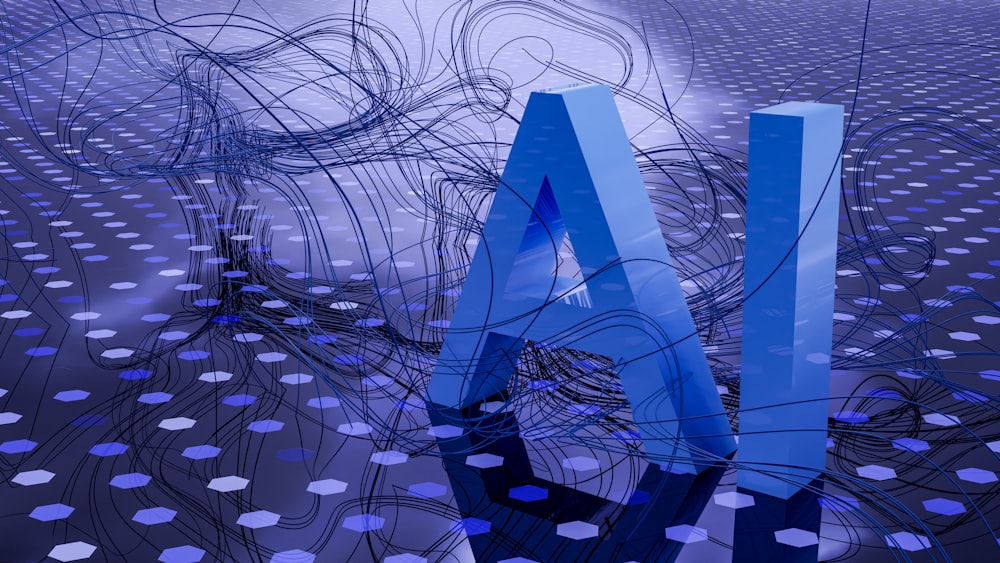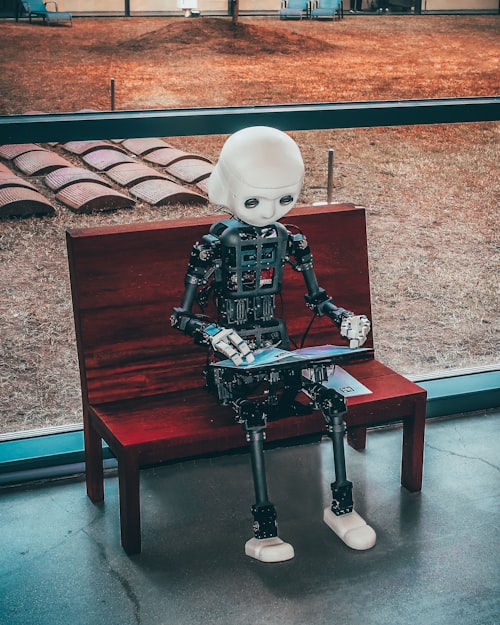Claude 3.5 Sonnet Revolutionizes Agent Capabilities with New Agentic Features

Anthropic's latest model introduces sophisticated reasoning, planning, and autonomous capabilities that redefine what AI agents can accomplish without human intervention.
Enhanced Reasoning Capabilities
Claude 3.5 Sonnet represents a significant advancement in AI agent capabilities, featuring enhanced reasoning that allows it to solve complex problems through multi-step thinking processes. These improvements enable the model to break down complicated tasks into manageable steps and execute them with minimal human oversight.
Unlike previous models that often required frequent human intervention, Sonnet can maintain context over extended interactions and adjust its approach based on intermediate results or changing conditions.
Autonomous Planning
One of the most impressive features of Claude 3.5 is its autonomous planning ability. The model can now:
- Create detailed execution plans for complex tasks
- Anticipate potential obstacles and develop contingency strategies
- Adjust plans dynamically as new information becomes available
- Balance multiple objectives and constraints simultaneously
This capability represents a significant step toward truly autonomous agents that can operate with minimal supervision while maintaining alignment with human objectives.
Advanced Tool Use
Claude 3.5 has been designed with enhanced tool-using capabilities, allowing it to interact effectively with a wide range of external systems. The model can:
1. Identify when a specific tool is needed to accomplish a task
2. Formulate correct inputs for tools based on the current objective
3. Interpret tool outputs and incorporate results into its reasoning
4. Chain multiple tools together to accomplish complex workflows
"Claude 3.5 Sonnet represents the most significant advancement in agentic capabilities we've seen this year. Its ability to reason through complex problems, create and adapt plans, and effectively use tools makes it suitable for a much wider range of autonomous applications than previous models." — Dr. Emma Rodriguez, AI Research Director
Business Applications
These advancements open up new possibilities for business applications, including:
- Autonomous customer service agents that can resolve complex issues
- Research assistants that can conduct comprehensive literature reviews
- Business analysts that can process data and generate actionable insights
- Project management assistants that can coordinate complex workflows
Looking Ahead
As models like Claude 3.5 Sonnet continue to advance, we're moving closer to a future where AI agents can handle increasingly complex tasks with minimal human supervision. However, questions about oversight, alignment, and appropriate use cases remain important considerations as these technologies become more capable.
For organizations looking to implement these advanced agent technologies, careful consideration of governance frameworks and deployment strategies will be essential to maximize benefits while managing potential risks.


